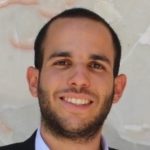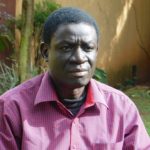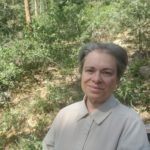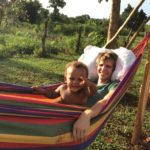How Can Civil Resistance/Social Work Integration Enhance Social Change?
Building a two-way street between civil resistance and social work could have many benefits on individual, interpersonal, and societal levels. What could those benefits look like? Perhaps social workers could be helping clients connect with local groups doing work around issues impacting clients’ lives. […]
Read More








